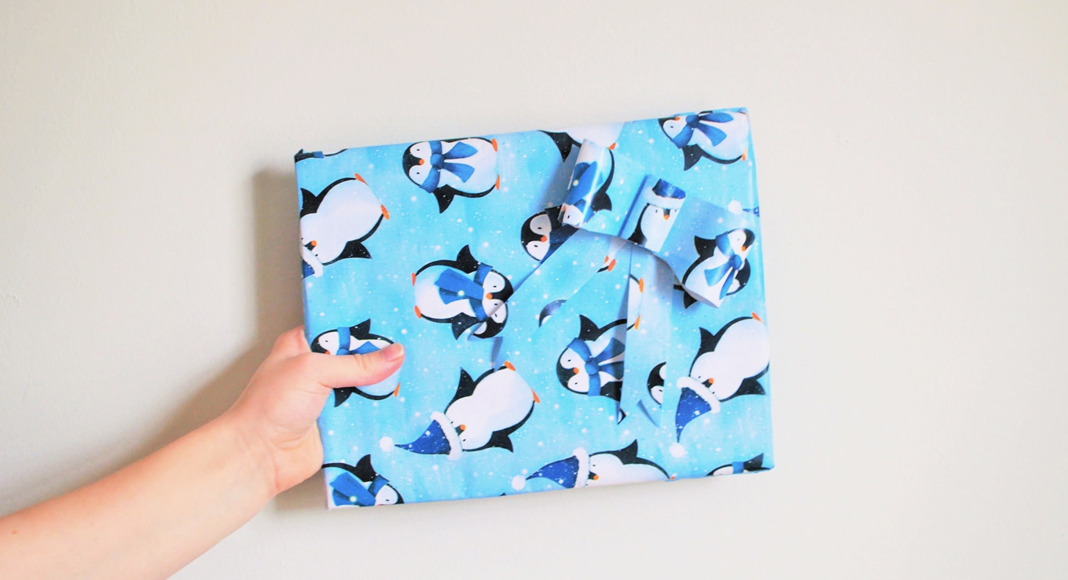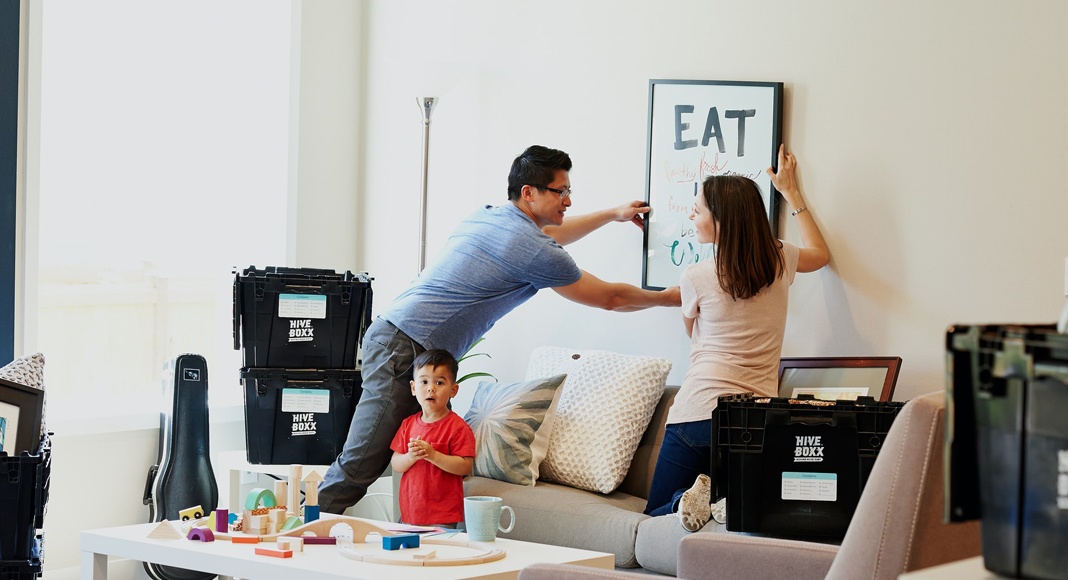My kids know about my mental illness, but I told my eldest the name of my mental illness recently- Bipolar Disorder, type 2. It didn’t really change anything- he knew that I had a mood disorder. That usually I am completely fine, but that I sometimes would get really depressed, sometimes would get angry easily, and sometimes have too much energy. He knows this about me, but he didn’t know the name. Now he does.
My Dad has Bipolar Disorder, so I always knew the name. I knew he could be unpredictable, that he was often depressed. I saw him manic. I visited him in the hospital, once. But he also was my dad- my smart and kind dad who always took his meds, always tried hard to be emotionally healthy, always worked hard as a lawyer and professor.
Mental illness was just an illness in our house.
When I was getting ready to start middle school, I tested into some advanced classes but didn’t take them. My 6th-grade teacher told me that she wouldn’t sign off on me taking those classes the next year, because my family life was too unstable. She knew about my dad. When I was in elementary school, I would sometimes have to go to see the school counselor because my parents had informed the school about my dad’s mental illness (and maybe more relevantly, about my younger brother’s severe disability). It would just be a check-in thing because I didn’t really have a lot to talk about. My family has some unique challenges, but we weren’t really dysfunctional. I didn’t grow up in extreme poverty, or scared of my parents, or abused. Our family was different, but not unrecognizable from most of my friends’ families. We were religious. We usually ate dinner together. My dad made popcorn on the stove that was too salty. We had our problems, but I didn’t need intervention- I needed better popcorn.
But looking back, I think I can think of a few weird run-ins with my teacher. One of the biggest ones was a DARE speech competition- they chose one student from each class to give a speech at an assembly. We had to try out in front of our class so I read a short page about why I would never use drugs, and my teacher got so excited about my speech. She jumped up and gave me the only standing ovation that she gave during the speeches. She chose me to speak and I remember feeling like my speech was only ok and that her reaction was a little excessive. At the assembly, she gave me another standing ovation and nodded emphatically at me- and I had the first thought that I am now pretty sure of- she thought someone in my house was abusing drugs. I am pretty sure she thought my dad used drugs.
I could write a long post about how I developed symptoms of Bipolar Disorder in my 20s and how the diagnosis was discussed, but not formally made until after I had had 3 kids. I could tell you about the shame and disappointment I felt when it hit me that I would be raising kids, not just as a mom, but as a mom with a chronic mental illness. I am completely open about my diagnosis, like my dad was. Will people wonder if I do drugs? Will they assume my kids are being abused?
I guess what I’d like to tell you is how common mental illness is. Millions of Americans deal with some kind of mental illness in their lives (about 1 in 5). About 1 in 25 Americans (10 million) have a severe and chronic mental illness. It’s a vulnerable population, but it’s also a population of lawyers, educators, fathers, and mothers. The reason you only think of the worst-case scenarios when it comes to mental illness is because most people who are living with mental illness and treating it don’t usually disclose it. Can you blame them? Would you sign up for that scrutiny?
The reason I talk about it is because my dad talked about it and it shaped my worldview. My kids aren’t abused. I don’t use drugs. We’re pretty typical. We laugh. We eat dinner together. We go to church. We take trips. I microwave popcorn because it tastes better. I am my own worst critic and even I think my kids are having a nice childhood. My moods go up and down and I have periods that are easier than others, but I’m mostly functional. I think a lot of people grow up and think that’s not possible- that a person with a mental illness can’t be a functional member of society. I don’t need people to know about my mental illness- I need people to look and see a person who happens to have a mental illness.
That’s why I talk about mental illness in very personal terms- so that people will see me as a person.
I’m a mother with a mental illness and I really wish I wasn’t. I would love not to have that adjective attached to me, but I do. It will always be a part of me- my kids will grow up and know that. My kids will also grow up- like I did- and see the strength of character that it takes to live with a mental illness. I hope they’ll see bravery. I hope they’ll see resilience. I hope that they can live in a society that recognizes not only the struggles but also the victories that come with mental illness. Millions of vulnerable Americans are told to be ashamed of something they can’t control when they could be supported, lifted up, and loved. I can’t change that.
But I can teach my children better and I will.














